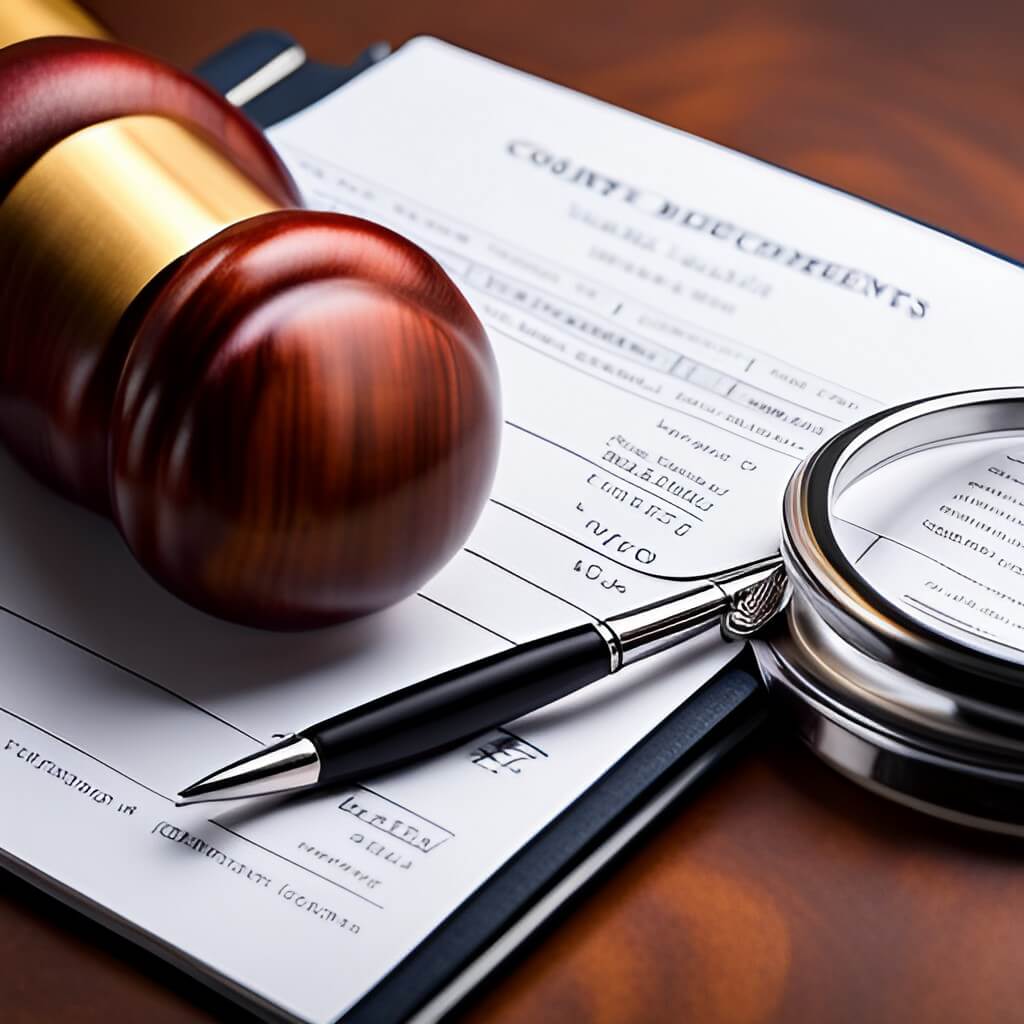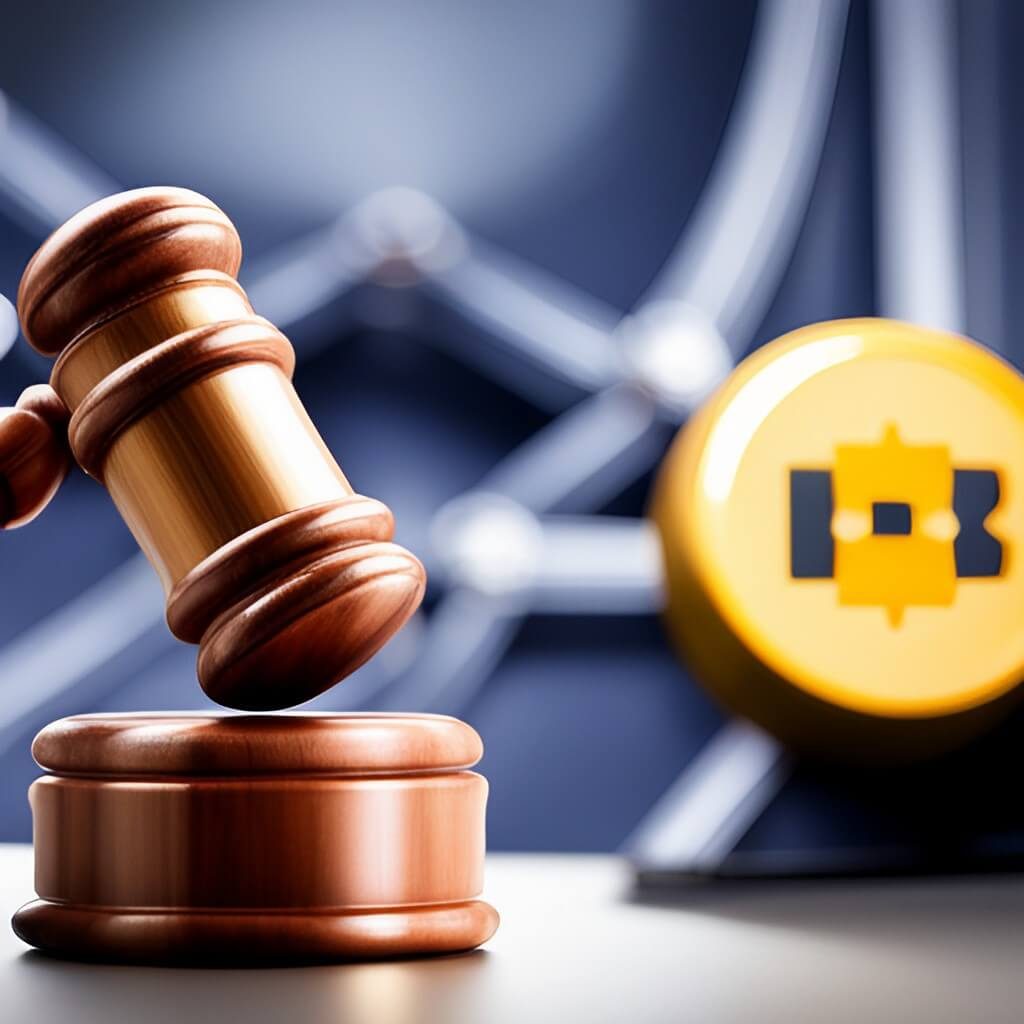The United States Securities and Exchange Commission (SEC) is pursuing a summary judgment in the ongoing legal battle against Do Kwon and Terraform Labs, challenging a recent jury verdict that was perceived as lenient by the regulatory body. The SEC alleges that Kwon played a pivotal role in misleading crypto investors and marketing Terra and its in-house Terra (LUNA) tokens as securities. The case, which revolves around violations of the Exchange Act Section 10(b) and Rule 10b-5, has taken a new turn as both parties continue to dispute the classification of various Terra assets.
The SEC expressed its dissatisfaction with the jury’s conclusion regarding Terraform Labs’ alleged violations. The regulatory agency maintains that Kwon should be held liable for Terraform’s actions and violations under Exchange Act Section 20(a). The filing stated, “No rational jury could conclude that Kwon was not liable for Terraform’s violations of Exchange Act Section 10(b) and Rule 10b-5 thereunder pursuant to Exchange Act Section 20(a).”
SEC vs. Terraform Labs: A crypto asset classification battle
The SEC’s argument is rooted in the evidence it has presented, which it believes clearly demonstrates Kwon’s involvement in misleading investors by promoting Terra and its native tokens as securities. The agency contends that Kwon’s actions contributed to the fraudulent practices that ultimately led to the downfall of Terraform Labs.
Simultaneously, Do Kwon and Terraform Labs are not backing down from the legal battle. They have asked the judge to dismiss the SEC’s lawsuit, asserting that Terra Classic (LUNC), TerraClassicUSD (USTC), Mirror Protocol (MIR), and its mirrored assets (mAssets) do not qualify as securities, as alleged by the SEC.
Their defense centers on the argument that these assets do not meet the criteria for securities under existing regulations. Terraform Labs and Kwon contend that their offerings were not securities but rather unique digital assets with different utility and characteristics.
The SEC remains steadfast in its position that Kwon and Terraform Labs did indeed offer and sell securities. Additionally, the regulatory agency accuses them of conducting unregistered transactions involving LUNA and MIR tokens. It also alleges that the parties engaged in transactions related to mAssets while committing acts of fraud.
The ongoing dispute underscores the complexity of classifying digital assets within the rapidly evolving cryptocurrency landscape. The SEC’s case hinges on whether Terra’s tokens and assets should be regarded as securities subject to regulatory oversight or as utility tokens with a different legal status.
While the legal battle unfolds, Terra co-founder Daniel Shin’s lawyer has attributed the collapse of the Terra ecosystem to what he calls the “unreasonable operation of the Anchor Protocol and external attacks carried out by Do-hyung Kwon.” This suggests that internal issues and external factors have played a role in Terra’s challenges.
Moreover, Terraform Labs recently pointed fingers at market maker Citadel Securities, alleging its involvement in a “concerted, intentional effort” to depeg TerraUSD (UST) stablecoin in 2022. This accusation further complicates the narrative surrounding Terra’s struggles and underscores the contentious nature of the cryptocurrency industry.





